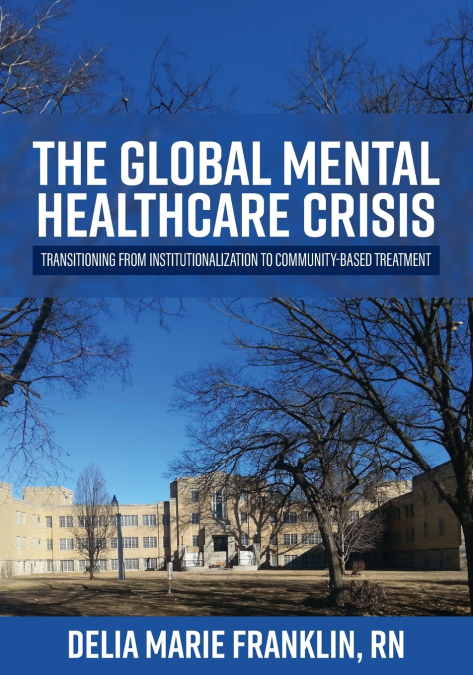
 Librería Desdémona
Librería Desdémona
 Librería Samer Atenea
Librería Samer Atenea
 Librería Aciertas (Toledo)
Librería Aciertas (Toledo)
 Kálamo Books
Kálamo Books
 Librería Perelló (Valencia)
Librería Perelló (Valencia)
 Librería Elías (Asturias)
Librería Elías (Asturias)
 Donde los libros
Donde los libros
 Librería Kolima (Madrid)
Librería Kolima (Madrid)
 Librería Proteo (Málaga)
Librería Proteo (Málaga)
The Global Mental Healthcare Crisis: Transitioning from Institutionalization to Community-Based Treatment discusses global mental healthcare systems through the examination of institutionalization, deinstitutionalization, transinstitutionalization, community-based treatment, substance misuse provisions, mental healthcare providers, pandemics, and governmental strategies related to mental health. Part I of the book focuses on global mental healthcare systems. The chapters cover laws related to institutionalization in the U.K., Italy, Canada, France, and the U.S.; historical treatments and modalities, including now-controversial methods such as restraint, electroconvulsive therapy, and sterilization, among others; and the positive attributes that arose in the wake of global deinstitutionalization movements. Part II discusses impacts, discrepancies, and adversities with chapters that address the roles of psychiatrists, psychologists, counselors, therapists, technicians, and psychiatric nurses within the mental healthcare system; comorbidity and substance use disorder; the impact of COVID-19 on mental health worldwide; and obstacles to quality mental health treatment, including homelessness, suicide, and cost factors. The final part provides strategies for improved mental healthcare services, including community mental health provisions, telemental health, governmental actions, and more. With a focus on developing systems that center on the prevention, recovery, and stabilization of mental conditions, The Global Mental Healthcare Crisis is an exemplary resource for courses and programs that prepare healthcare providers to well serve their patients.